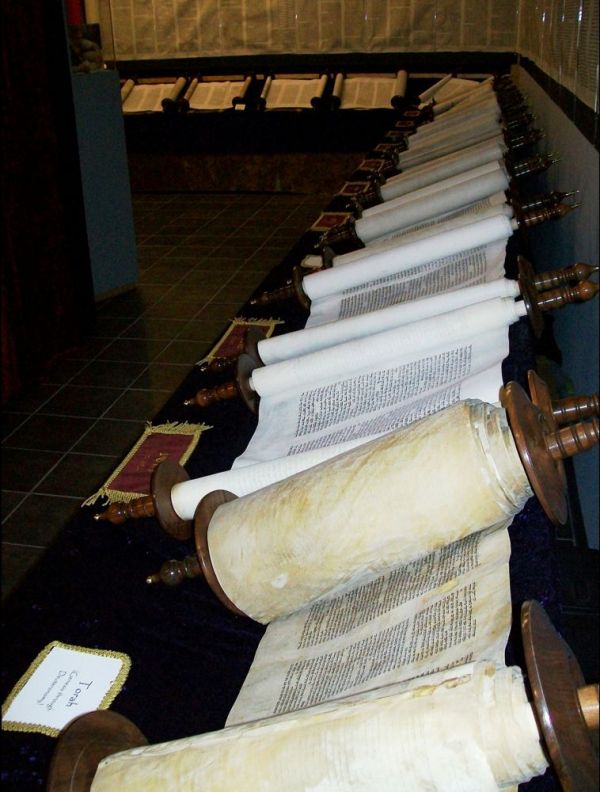(2 Thessalonians 3:7-12)
2 Thessalonians 3:7 For you know how you ought to imitate us, because we did not live idly among you,
2 Thessalonians 3:8 nor did we eat anyone's bread without paying for it, but we worked hard night and day, labouring and toiling so that we would not be a burden to any of you.
2 Thessalonians 3:9 Not that we had no right to this, but to give you an example to imitate.
Paul says: remember our behaviour, that during our work among you, instead of shirking our duty to earn a living, we took on hard work so as not to be supported by the community. Paul, even before being a teacher, practises what he preaches. Every preacher must be able to combine theory and practice.
Conscience is educated not only through teaching, but above all through life, through example. Others must not only hear what is good and true, but they must also see what is good and true, because faith is either visible or it is not faith. Paul is not only a teacher who preaches, admonishes and teaches the faith, he is first and foremost someone who shows all these things and shows them through his life. He is both a teacher of life and a teacher of words. The two must always go together. It would be a serious spiritual loss if the two were to be separated.
Here, therefore, it is not a question of remembering a teaching, but of the duty to imitate the preachers of the gospel, who were not idlers. In other words, the preachers of the gospel did not take advantage of the hospitality of some Christians. Let us be clear, Paul is not saying that he never ate for free in other people's homes, but that he never demanded his sustenance.
Paul subjected himself to the harsh law of work for the sake of the gospel; he did not want to be mistaken for one of those itinerant preachers who moved from place to place selling theories, often only illusions, in exchange for sustenance. By supporting himself with his own hands, the apostle freed his message from any suspicion, and to do so he had renounced his right to be supported. This is the fairness of the apostle.
But there is also another reason why Paul worked: 'so as not to be a burden to any of you', a reason of charity. He did not want to cause difficulties for anyone, even if that anyone would have gladly done so.
Three principles are at stake here: the principle of justice, that of charity and that of evangelisation. The principle of justice says that every worker is entitled to his wages. Paul offers them the life of the soul; the Thessalonians offer him what he needs for the life of his body. This is justice: one thing for one thing, a gift for a gift, a service for a service.
But Paul does not want his relationship with the Thessalonians to be based on justice. For reasons of the gospel, he wants it to be based on charity instead. Charity is a one-way gift. Paul wants to give and that's it. He has decided to make his life a service of love. By proclaiming the gospel and living it in its deepest essence, he leaves the Thessalonians with the true model of how to live the gospel, how to proclaim it and how to put it into practice.
Now, if they want, they know what the Gospel is, they know it because they have seen it in Paul. Having seen it, they too can proclaim it and put it into practice. Paul decides to preach the Gospel freely because the Gospel is the free gift of God's love in Christ through the work of the Holy Spirit.
In the painful decline of the Church today, there are those who hope for a rebirth from below. But the Church was born from the proclamation of the apostles. It is up to those in charge to shed light, bring clarity, and point out the paths to follow in accordance with the Gospel of Christ... but those in charge must also be supported and encouraged.
Argentino Quintavalle, author of the books
- Apocalypse - Exegetical Commentary
- The Apostle Paul and the Judaizers - Law or Gospel?
Jesus Christ, true God and true Man in the mystery of the Trinity
The prophetic discourse of Jesus (Matthew 24-25)
All generations will call me blessed
Catholics and Protestants in comparison – In defence of the faith
The Church and Israel according to St Paul – Romans 9-11
(Available on Amazon)




